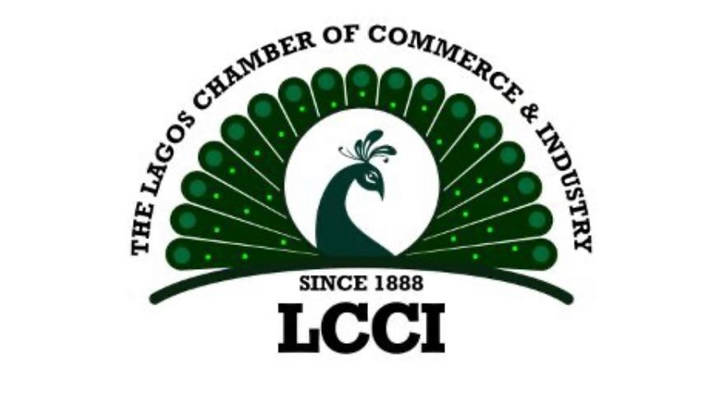The Nigerian economy, having experienced three consecutive months of expansion, faces a looming threat from escalating global trade tensions and persistent internal insecurity. The March Purchasing Managers’ Index (PMI), a key indicator of economic health, reached 52.3 points, signaling growth across major sectors like agriculture, services, and industry. However, experts warn that this positive trend may be short-lived, given the surge in inflation to 24.23% in March and the destabilizing effects of the ongoing trade war initiated by the former US administration. The initial optimism surrounding the 2025 economic outlook is now tempered by these emerging global and domestic challenges, requiring businesses to reassess their projections and strategies urgently.
The impact of the trade war, particularly the tariffs imposed on major trading partners like China and India, has begun to reverberate through the global economy. These tariffs are disrupting established manufacturing and logistics networks, leading to decreased production and stalled trade flows. Nigeria, heavily reliant on crude oil exports, is particularly vulnerable to the resulting decline in global demand and the subsequent drop in oil prices. This decline in oil revenue threatens to weaken the Naira, further exacerbating inflationary pressures and impacting import costs. The ripple effect ultimately shrinks foreign exchange earnings, jeopardizing the nation’s economic stability and undermining initial projections for growth.
Experts from the Lagos Chamber of Commerce and Industry (LCCI) and the Centre for the Promotion of Private Enterprise (CPPE) concur that businesses must revise their 2025 forecasts to account for these evolving global economic realities. Assumptions about inflation, exchange rate stability, and a favorable investment climate are now unreliable. The LCCI emphasizes the urgent need to boost local production and tackle the pervasive insecurity plaguing the country, particularly in agricultural regions, as a key strategy to mitigate the negative consequences of the global slowdown. Strengthening domestic production capacity and ensuring a secure environment for agricultural activities are crucial for bolstering the economy against external shocks.
While the March PMI figures offered a glimpse of positive growth, experts attribute this to transient factors such as temporary exchange rate stability and a marginal decrease in inflation. These factors, however, are unlikely to sustain long-term growth, especially given the looming threat of escalating food prices fueled by insecurity in the northern regions of Nigeria. Rising input costs, including diesel and logistics, coupled with a depreciating exchange rate, will likely place further strain on businesses, potentially eroding the gains observed in March. Therefore, the perceived positive momentum may be misleading and not indicative of sustained economic growth.
The escalating security concerns in Nigeria, specifically in key agricultural zones, pose a significant threat to food production and distribution, which in turn drives inflation. The disruption caused by insecurity translates to higher food prices, impacting consumer spending and overall economic stability. Furthermore, the combination of the trade war’s impacts, escalating insecurity, and a weakening Naira creates a perfect storm for inflationary pressures, casting a significant shadow over future economic growth. This convergence of negative factors necessitates swift and decisive action to mitigate their potential to derail economic progress.
The April PMI is expected to provide a more realistic picture of the trade war’s impact on the Nigerian economy, as the full effects of the tariffs are anticipated to manifest in the upcoming data. Experts warn of a potential dip in economic activity, reflecting the combined pressures of the trade war fallout, escalating insecurity, and a weakening Naira. Private sector leaders are urging businesses to prepare for a period of increased volatility by tempering expectations, adopting conservative strategies, and prioritizing resilience in their operations. This call for caution underscores the need for businesses to adapt to the changing economic landscape and navigate the challenges ahead with prudence and foresight.


